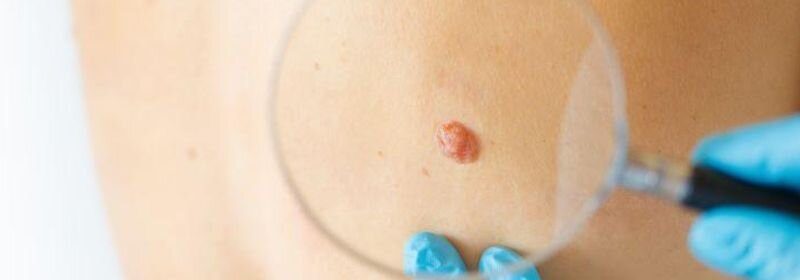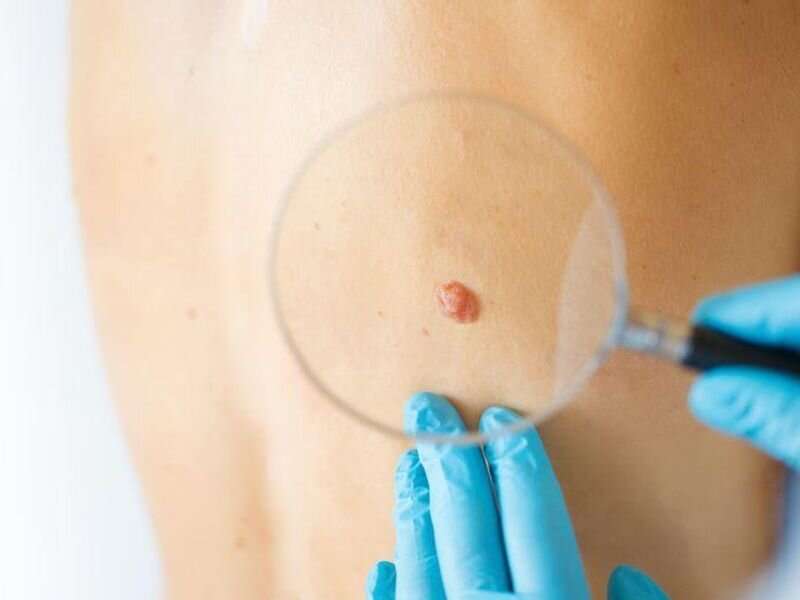Risk for melanoma reduced for individuals with atopy

Atopy is associated with a reduction in the risk for melanoma, according to a study published online Feb. 28 in Melanoma Research.
Jenni Komulainen, M.D., from the University of Eastern Finland in Kuopio, and colleagues examined whether a past or present atopic disorder is associated with cutaneous photodamage, pigment cell nevi, and skin cancers among adults at risk for any type of skin cancer (250 men and 246 women; 94 with immunosuppression).
The researchers observed no association between atopy and photodamage, keratinocyte carcinomas, or nevus count. Among 171 atopic individuals, there were fewer cases of melanoma (14.6 versus 22.2 percent) and the investigator-estimated risk class of skin cancers was lower compared with 325 nonatopic individuals. The multivariate odds ratio for melanoma was 0.583 in atopic individuals; the reduced risk was confined to mucus membrane atopy among immunocompetent individuals (odds ratio, 0.417). Compared with nonatopic individuals, fewer atopic individuals had malignancy in an extracutaneous site (8.8 versus 15.7 percent). Serum total immunoglobulin E (IgE) was not associated with skin cancers, photodamage, nevi, or malignancies in extracutaneous sites.
“The latest theory is that the skin has a naturally occurring autoreactive IgE response that could protect against carcinogens and skin damage leading to cancer,” a coauthor said in a statement. “This theory makes sense because atopic diseases typically involve an IgE-mediated allergy, so the protective mechanism may be even more pronounced in atopic skin.”
More information:
Jenni Komulainen et al, Patients with a history of atopy have fewer cutaneous melanomas than those without atopy: a cross-sectional study in 496 patients at risk of skin cancers, Melanoma Research (2023). DOI: 10.1097/CMR.0000000000000887
Copyright © 2023 HealthDay. All rights reserved.
Source: Read Full Article
